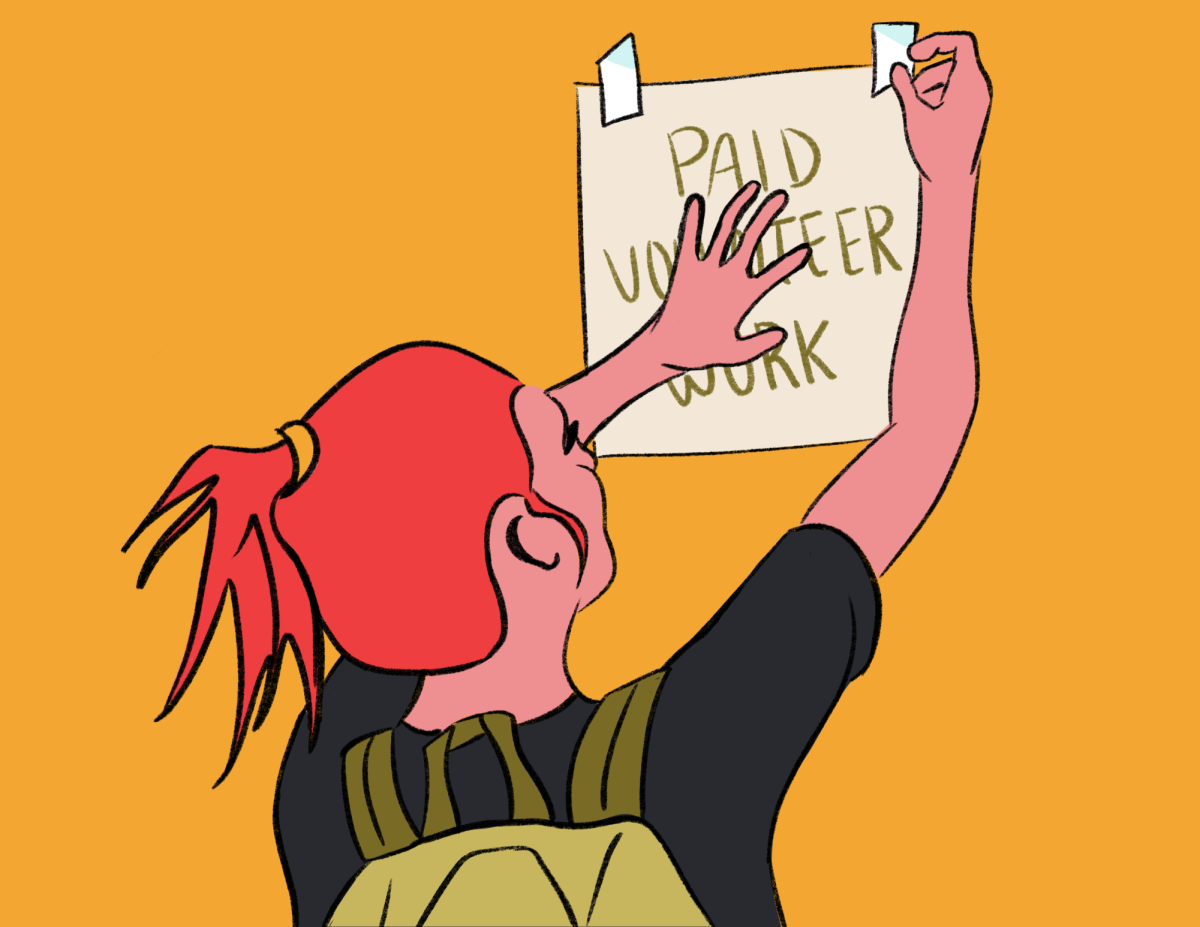People often remember how Rosa Parks’ bus boycott impacted the civil rights movement, but it was the death of a young black boy in 1955 that sparked controversy and a media investigation.
Students and community members gathered in the main auditorium of the Salt Lake City Public Library on Friday night to hear author Christopher Benson and a panel of three other speakers discuss the role of the media in the case of 14-year-old Emmett Till.
Benson co-wrote the book Death of Innocence: The Story of the Hate Crime That Changed America, with Till’s mother, Mamie Till-Mobley.
With three other professors, Benson discussed the impact of Till’s murder on modern civil rights and how the media has portrayed this story during the past 54 years.
Till’s story isn’t told in high school textbooks, said Kevin DeLuca, a communication professor at the U. Textbooks usually begin the civil rights movement with Brown v. the Board of Education or the Montgomery Bus Boycott, but when Till was lynched by at least two white men during a visit to the south, thousands of people saw the boy’s malformed body and questioned the act.
Till had gone with several others to a grocery store in Mississippi, and at some point whistled at a woman named Carolyn Bryant, who was running the store, Benson said.
“Whatever happened at that store did not justify what later happened to Emmett Till,” Benson said.
Till was abducted from his home by Bryant’s husband Roy Bryant and J.W. Milam, who both over the course of several hours brutally beat, tortured and shot Till. A 75-pound fan was tied to his body and then dumped in the Tallahatchie River, Benson said.
Till’s mangled body surfaced three days later, was identified by his mother, and at her insistence, shipped back to Chicago. Till’s mother decided to have an open casket at her son’s funeral so everyone could see the effects of racism.
Benson told Till’s story and his experience working with Till-Mobley in writing her son’s story.
Christopher Crowe, an English professor at Brigham Young University, said the men were placed on trial and acquitted of the murder, and the trial wasn’t even addressed in printed media until 1988.
Kim Adams, a sophomore in mass communication, and her husband Michael had never heard about Till but decided to attend the lecture.
“It was interesting historically to kind of see what gets cuts out and what gets shown,” Michael Adams said. “Like with the Rosa Parks example, how some things happen but we don’t hear everything, and how it kind of comes out later.”
The lecture was the first in a series examining the media’s role in shaping public opinion and memory of important events in the history of underrepresented peoples.
Communication professor Kim Mangun received a grant from the Council of Dee Fellows to invite three award-winning authors and journalists to campus and interact with students, teach a class with her and participate in public programs.
“I’m trying to attract both students and community members,” Mangun said. “Just connecting with people, learning about issues maybe that they hadn’t been familiar with before…learning about social justice, and just maybe trying to rethink their own lives and think about how they can make a difference in the world.”
The lectures are broadcast by KCPW 88.3 and 105.3 FM, and will be available as a podcast the Monday after each program.














